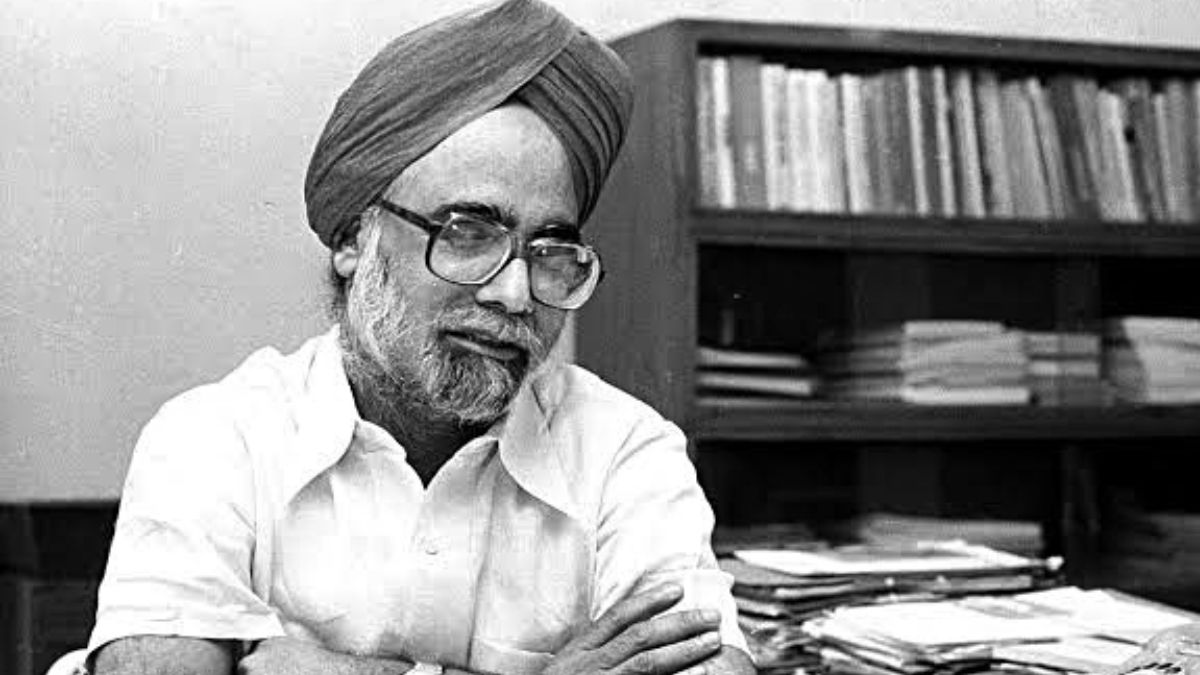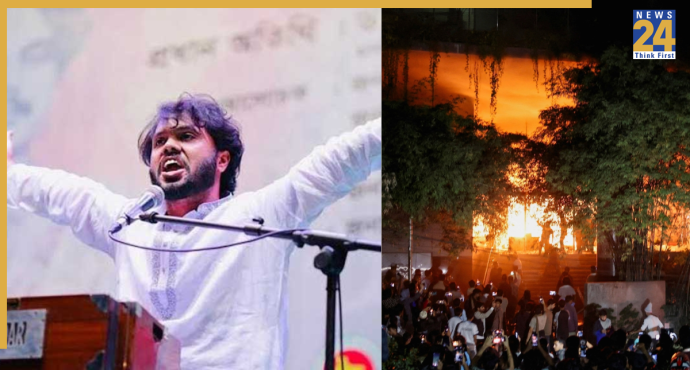Manmohan Singh, the former Prime Minister of India, is remembered as the visionary architect of the economic reforms that reshaped the nation’s financial landscape. Manmohan Singh, a widely respected economist and seasoned Congress leader, was admired around the world. He served as India’s Prime Minister for two consecutive terms, leaving a lasting impact on the nation.
Known for his calm and composed nature in Indian politics, Manmohan Singh held several key roles throughout his distinguished career. He served as the Governor of the Reserve Bank of India (1982-85), India’s Director at the International Monetary Fund (1985), Deputy Chairman of the Planning Commission (1985-87), Finance Minister in Narasimha Rao’s Cabinet (1991-96), Leader of the Opposition in the Rajya Sabha (1998-2004), and Chairman of the UGC. In recognition of his contributions, he was awarded the Padma Vibhushan in 1987.
Manmohan Singh as Finance Minister
Manmohan Singh’s tenure as Finance Minister marked a defining moment in India’s economic journey. At a time when the country faced a severe crisis with dwindling foreign reserves and a balance of payments issue, he introduced groundbreaking reforms. His vision liberalised the economy, promoted privatisation, and opened India to global markets. These bold measures not only pulled the nation out of crisis but also paved the way for India to emerge as one of the world’s fastest-growing economies.
Manmohan Singh’s academic and professional journey is a testament to his brilliance and dedication. He earned his BA and MA in Economics from Panjab University, where he graduated at the top of his class. He later pursued further studies at the prestigious Cambridge and Oxford Universities.
Academic Journey
Singh began his career as a teacher at Panjab and Delhi Universities, during which he also contributed as an economic expert for the United Nations Conference on Trade and Development (UNCTAD) for three years. In 1972, he took on the role of Chief Economic Adviser in the Finance Ministry and rose to become its Secretary in 1976. Between 1980 and 1982, he served as a member of the Planning Commission. His expertise led him to the position of Governor of the Reserve Bank of India in 1982, marking another milestone in his remarkable career.
In 1991, when Narasimha Rao became Prime Minister, he turned to Manmohan Singh, to take on the crucial role of Finance Minister. At a time when the Indian economy was on the verge of collapse, Singh’s transformative reforms brought it back from the brink and set it on a path of growth and stability.
In 2004, after the Congress party’s election victory, Sonia Gandhi chose to step aside from the role of Prime Minister, and the responsibility was entrusted to Manmohan Singh. He was sworn in on May 22, 2004, becoming India’s first Prime Minister from a minority Sikh community. Singh led the country for a decade, beginning his second term in 2009 and concluding it on May 26, 2014. Throughout his career, Singh served as both Finance Minister and Prime Minister as a Rajya Sabha member representing Assam, without ever contesting a Lok Sabha seat.
Historic Reforms
During Manmohan Singh’s tenure as Prime Minister, India experienced extraordinary economic growth, emerging as the world’s fastest-growing major economy. His time in office also saw the introduction of transformative social reforms, including the MGNREGA and the Right to Information Act, which had a lasting impact on millions of lives. Another key achievement was his leadership in negotiating the historic Indo-US Civil Nuclear Agreement, which marked a turning point in India’s nuclear relations, ending decades of isolation.
Despite his achievements, Manmohan Singh’s tenure was also overshadowed by corruption scandals, including the 2G spectrum case and the coal block allocation controversy.
Beyond economic policies, Singh’s leadership brought significant reforms in various sectors. His contributions included banking sector reforms, the farm loan waiver, the National Rural Employment Guarantee Scheme, the National Rural Health Mission, the creation of the Unique Identification Authority of India, and the implementation of the Right to Information Act.
Throughout his career, he earned numerous accolades, such as the Adam Smith Award from the University of Cambridge, the Lokmanya Tilak Award, the Jawaharlal Nehru Birth Centenary Award, and the Best Parliamentarian Award.
Also Read: Here’s What PM Modi Jabbed at Manmohan Singh; Singh’s Iconic Reply to the ‘Maun Mohan’ Jibe













